My employer is claiming copyright to a book I authored. Does he have such right?
While I was at the recently concluded Annual General Conference of the Nigerian Bar Association held in Lagos, I received a call from a childhood friend who is a Human Resource personnel in a publishing company.
He abandoned greetings and my attempt to ask about “our wife” (his madam) was met with a question. He said; “I authored a book and my M.D says it is his company that owns it. I have expended so much time and effort writing that book, does the company really own it?”
I immediately excused myself from the gathering and took my time to hear from him. The questions below and answers were able to resolve his issue.
Before proceeding to address this issue, I find it pertinent to give a short background to Copyright.
Summarily, copyright are rights that protect literary and artistic works. In other words, they are rights that creators have over their literary, artistic, musical, broadcasts, cinematography and sound recordings. For a work to enjoy copyright protection, it has to be original and fixed in a tangible medium.
There are broadly two rights that copyright clothes a creative. They are; Economic and Moral rights. Economic rights include the rights to reproduction, distribution to the public, publication, public performance, making a translation or an adaptation of the work, rental and broadcast.
Moral rights are the rights to integrity and paternity. Integrity right means that the author can prevent anyone from mutilating, distorting or modifying his work which appears derogatory. The rationale for the integrity right is that a work is deemed to be a reflection of the author’s personality. Paternity means that the author should be acknowledged wherever is work is used.
Now to the issue, the general rule is that copyright is vested and or owned by the author. Who is an author? This cannot be defined in one context as the interpretation section of the Nigerian Copyright Act defines the word “Author” in the context of works such as broadcasts, literary, artistic, musical, cinematography, photographs and sound recording.
For the purpose of this piece, I will focus on authorship in literary, artistic, musical and photographic works.
An author in literary, artistic and musical works means the creator of the work.
An author in photographic work means the person who took the photograph.
Hence, if you have written a book or lyrics or took a photograph, you are the author and deemed the copyright owner. See section 10 of the Nigerian Copyright Act.
Will ownership of copyright automatically transfer to the employer if the work was created in the cause of employment?
No, ownership will not be transferred unless there is a contract of employment expressly assigning the economic rights in every copyrighted work created during the pendency of employment. In other words, the employer could own the economic rights only when there is a contract of employment stating this. It is important to note that only economic rights can be assigned or transferred, moral rights can never be assigned or transferred. Hence, if a contract of employment states that copyright is owned by the employer, the employee (who is the creator of the work) retains moral right and the employer must always acknowledge that the employee is the creator.
Will the answer change if the work was created during the pendency of employment but not during working hours?
Yes, because the employment contract does not cover non-working hours. Hence, copyright in this instance belongs to the employee. See Avtec Systems v. Pfeiffer, 67 F.3d 293 (4th Circuit 1995). The follow up question would be; how will the employee prove that the contested work was created during non-working hour?
What if the employee was not employed to carry out the duty whose outcome birth a copyrighted work?
The copyright will belong to the employee. For instance, if one is employed to write news stories for a publishing company but during the pendency of that employment, creates a graphics, the publishing company cannot lay claim to it.
What is the position of the law if the relationship is not that of employer-employee?
The author owns copyright. For instance, if you have invited a photographer to take shots of you at a graduation ceremony, without executing a release agreement with the photographer, the photographer owns the copyright in the photographs. Hence, you cannot commercially use those photographs without seeking his permission.
In conclusion, as an employer, ensure your employment contract addresses issues bothering on ownership of copyright and other intellectual property rights. As an employee, look through the contract properly before signing it. To persons who contract independent contractors I.e photographers, ensure they execute a release agreement in your favour.
Boluwatife Sanya
LL.B, B.L, Copyright (Harvard), ACIArb (U.K), MIP (WIPO, ARIPO, A.U)
Boluwatife is the Managing Partner of Paddle Solicitors. Paddle Solicitors is a full-service litigation, commercial and dispute resolution law office.
Hotline: +2348147439799


So Enlightening and Educative.
A huge step in the right direction. Very enlightening.
Great piece sir, always pleased to read your work. More grace
You succinctly address copyright Ownership in employment relationship with all simplicity. Bravo!